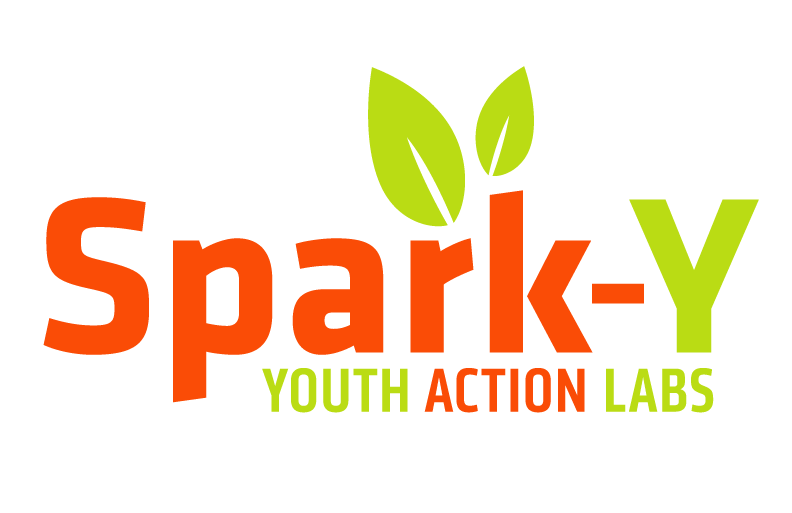This week the cool fall air has swept into Minnesota and for many of us that means it’s “back to school” time. Though, back to school is looking very different this year. In fact, very little has been the same for us at Spark-Y in 2020 -- as many can relate.
Through a global pandemic shutdown and the murder of George Floyd in Minneapolis (our statement here), we as an organization are committed more than ever to showing up, listening to the needs of our partners, community, and youth, and doing our utmost to evolve our work in response. We are incredibly proud of our staff and our board, who have risen to the occasion at every step.
Over the last six months we have navigated many unknowns and witnessed many hardships on the communities we serve. Likewise, we have had the opportunity to experience so many bright moments -- including the tremendous support for moving our annual May Plant Sale online with curbside pickup, distributing 750 free Virtual Victory Gardens along with how-to gardening videos to the Northside Minneapolis community sponsored by the African American Community Response Team, creating online resources for our youth to continue hands-on learning at home, and our ongoing work at a memorial garden for George Floyd at 38th and Floyd as well as other beautification projects to areas in the Twin Cities impacted by riots.
Executive Director, Zach Robinson, prepping Victory Gardens the day before giveaway.
As our organization gears up for what will be our most unique year of school programming, we wanted to take a look back over the last few months and highlight a few more of these bright spots:
2020 Annual Summer Internship and Open House
This year’s Annual Summer Internship was scaled from our typical thirty or more interns to nine to comply with social distancing protocol. While small, this group was mighty! Two teams completed sustainable projects throughout the Twin Cities, including a soil kiosk, rainwater catchment system, and beautification along the Minneapolis Greenway. We celebrated their accomplishments at an outdoor Open House and Facebook livestream (you can check out a video recording of the event on our Facebook page, here.)
Internship Open House 2020.
African American Community Response Team (AACRT)
Established early spring 2020, the Africian American Community Response Team was formed to provide leadership and support for the Northside Minneapolis Community in response to the Covid-19 pandemic. As a partner to AACRT, Spark-Y has worked to provide 750 free Victory Gardens, including a manual, and online resources at the start of this year’s growing season to combat food insecurity and provide at-home, hands-on education to youth.
Get On The Bus (GOTB)
Spark-Y partnered with AACRT for their Get On The Bus program, where young people are provided access to technology and a safe learning environment on buses. Spark-Y offered socially distant STEM activities to youth through the program. Read more about our work with GOTB in a recent blog post, here.
Spark-Y Receives Environmental Initiative Award
Spark-Y received a 2020 Environmental Initiative Award for our partnership with Edison High School Green Campus: “We chose this project because it invests in future leaders regardless of race, gender, and income by providing hands on life learning experience inside and outside of classroom, it focuses on working on and becoming prepared for real world environmental problems and searching for solutions, and is replicable to other schools/community programs.”
Executive Director, Zach Robinson, named 2020 Rising Young Professional
Our Executive Director, Zach Robinson, was honored as a Finance & Commerce 2020 Rising Young Professional for his leadership at Spark-Y. We as an organization applaud his efforts and congratulate him on this prestigious award!
Kata Wolf
Spark-Y welcomes Education Director, Katarina (Kata) Rolf
In August we welcomed Kata as Spark-Y’s Education Director. Her ability to see the big picture and air-traffic-control our day-to-day operations for our mission has already made a big improvement in our organization. Kata comes to Spark-Y with a wealth of experience and passion, specifically in human-centered design and education justice. Welcome aboard, Kata!
We at Spark-Y want to thank our partners, volunteers, youth, and communities we serve for all of their efforts and continued resilience during these unprecedented times. Let’s keep looking for the bright spots.













